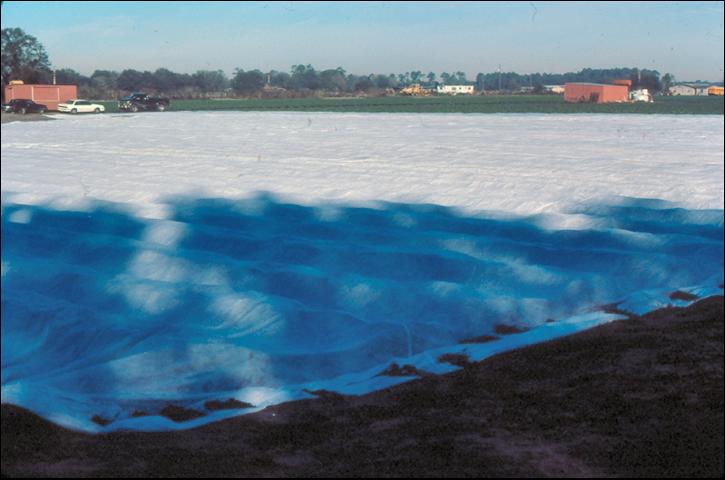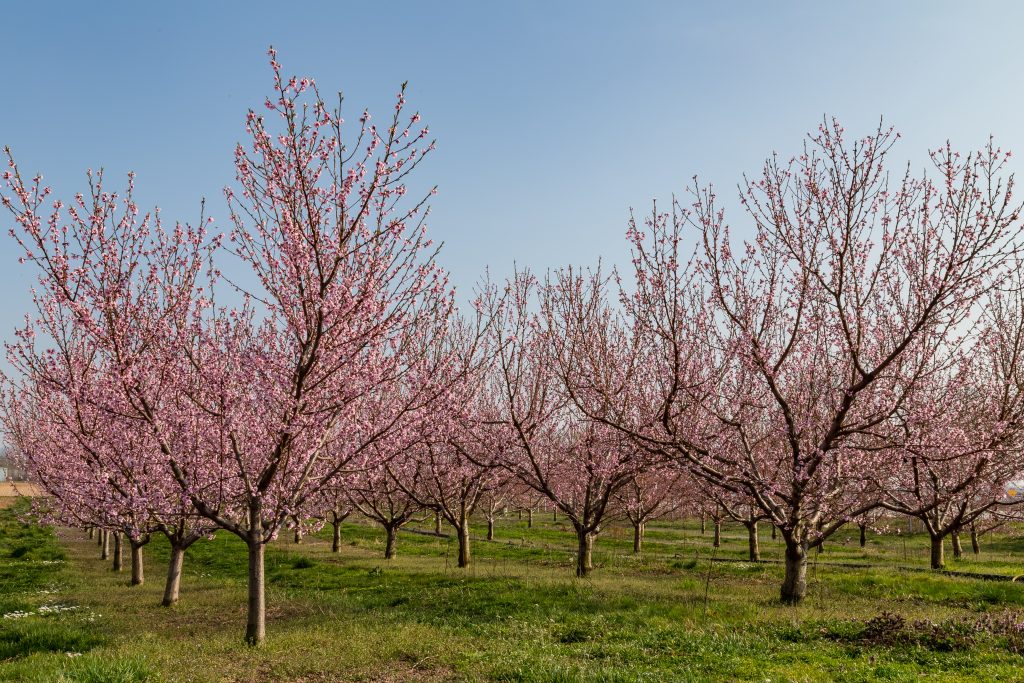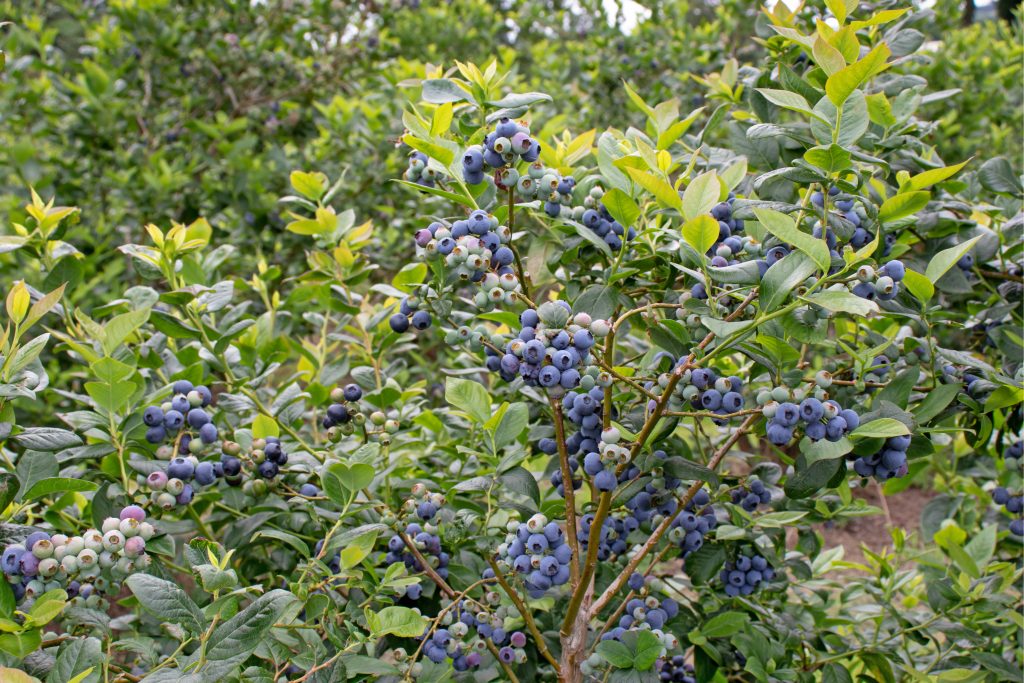South Carolina’s specialty crop producers need to be mindful of their crops ahead of this weekend’s sub-freezing temperatures, according to The South Carolina Grower.
Here are a few considerations for each crop.
Strawberries
Growers should plan to cover their strawberries to protect blooms and developing fruit. Row covers of at least 1.2 oz thickness will protect plants down to 22 degrees. It is possible that we may still see some cold injury as blooms that are in contact with the row covers can be injured (up to 5% of open blooms). It is going to be windy, so make sure to anchor row covers to the ground well.
It is not advised for producers to protect blooms with overhead sprinklers. Because of the potential for winds up to 15 mph, using overhead irrigation alone is likely to result in extensive damage due to evaporative cooling heat losses. Row covers are the better option this time.

Peaches
At this point, most peach trees are somewhere between first bloom and post-bloom stage. If temperatures drop to between 26 degrees Fahrenheit (F) and 28 F for a period of 30 minutes or more, damage to the crop can be expected.
Peaches need about 10-15% of blooms to go undamaged in order to produce a good crop, so there is potential that one cold-weather event would still leave the possibility of decent fruit development. There is also potential that trees could develop fruit despite the cold damage. But the fruit could be of poor quality with split pits, cracks, or premature rotting.
Here are a few tips for preparing orchards for the cold:
- Grass middles, if present, should be mowed as close as possible to the soil.
- Soils should already be adequately watered from the rain. If they aren’t, irrigation would be recommended.
- Wind machines could prove useful only if wind speeds drop below 5mph (Source). May need supplemental heat source to complement (hay bales).
- Water protection systems are not recommended for this situation.
- Unpruned trees can withstand freeze event better than pruned ones.
- Be wary of freeze protection products promising the world.
- Make sure you document the freeze event with your insurance agent (keep copy with pictures).

Blueberries
Should I protect my blueberries? First, at what stage are your blueberry flowers? Blueberry flowers lose cold tolerance as they mature into open flowers and fruit.
Since much of the state is forecast to be around 23 F for the low on Sunday morning, without freeze protection, any blooms that are at the early pink stage or later are likely to be damaged. Blueberries can experience a significant loss of flower and early fruit and still come through with a decent crop. The remaining fruit can compensate some with increased fruit size.
So how are you going to protect the blueberries? Overhead water is the most practical.
Floating row covers are very effective on radiation freezes (where the air is still and the temperature plummets), but much less so on advection freezes (where the wind really blows). Wind and row covers are not friends at all, especially when the row covers are up off the ground. The problem is that this weekend it is going to be an Advection Freeze.
In the currently forecast conditions, it will be very difficult to successfully perform freeze protection. Row covers over blueberries are near-impossible to secure, and overhead water is difficult to maintain consistent spray patterns. If you plan to use overhead irrigation, do not turn off the water prior to thaw. You can quickly undo all of your efforts from the prior night. Also, if you are planning to overhead water, allow for evaporative cooling. That is the cooling effect that occurs when you first turn on the water. If you turn on the water at 33 F, you will instantly flash freeze the area you are trying to protect.
Turn the water on at or just above 37 F. If you plan to turn the water on you must be dedicated to it until the next day. Turning off the water or not maintaining the sprinkler heads (allowing them to freeze up) throughout the night can cause more damage than not protecting at all.










